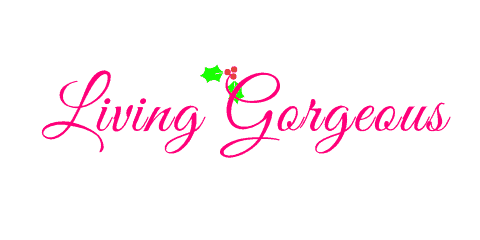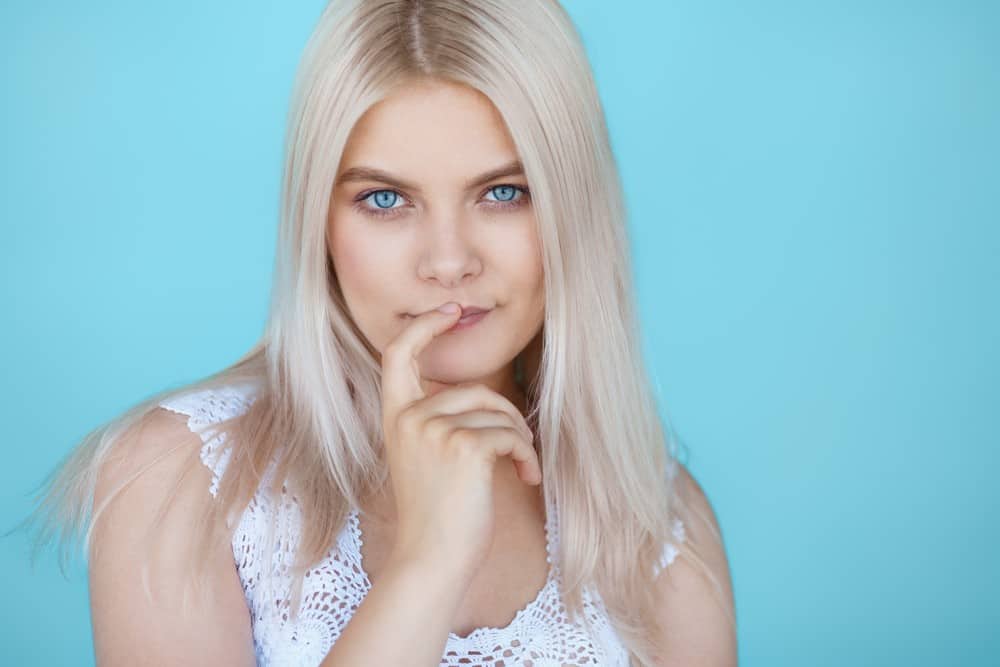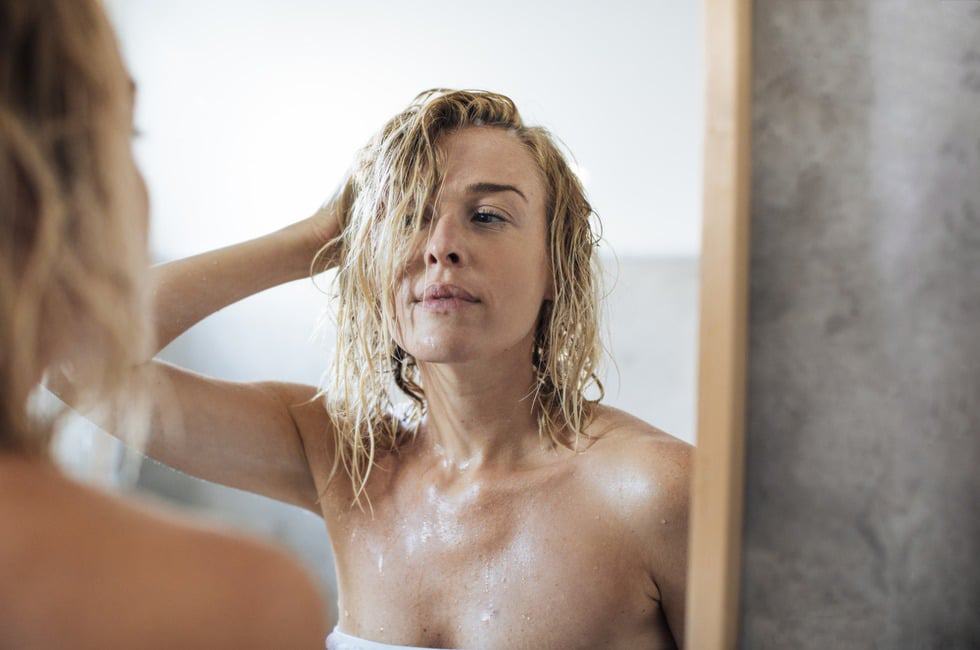Bleaching your hair is a complex process that comes with advantages and disadvantages at the same time. This is the type of process that you don’t want to take any risks with. You can easily damage your hair if you are not bleaching it correctly. Or you might not get the result you are looking for. One of the main concerns for people is if they should bleach their hair while it is wet or damp.
The truth is that this is not a black and white type of situation. but we will discuss all the aspects you need to be aware of, before making up your decision!
Can you Beach Wet Hair? The general rule says that you shouldn’t bleach your hair while it is wet. The water will block the bleach from penetrating your hair and you will not obtain the color you want. There are exceptions to this rule as well. But let’s look into this a little deeper in order to see how to make the most out of bleaching your hair!
Is it Better to Bleach Hair Wet or Dry?
To get to the best results, you should always bleach your hair when it’s all the way dry. By bleaching it when it’s wet you take the risk of not stripping off the color properly. If you decide to try out bleaching your hair when it is wet, you should understand how this process works.
The bleach you will use will already be made of mostly water. Bleaching products are made of a developer based on water and 10, 20 or 30 percent hydrogen peroxide. This depends on the strength of the bleach.
So, when you are bleaching your hair, there is enough water in the bleaching mix to complete the process. With this being said, if you bleach wet hair or damp hair, you risk adding too much water.
The strength of the bleaching powder you are using will be based on the amount of water it comes with. Products with less water will be more strong and they will strip your color off easier and faster.
If you are aiming to lighten your color just one tone, you can bleach your hair while it is wet. This will not strip off all your color and you might end up just with the shade you want. So, for a soft lightening color, you actually should consider bleaching your hair while it is still wet.
You can also bleach your hair wet if you want to correct your color. In some cases, women end up with a darker shade than they wanted and expected. Bleaching it with one tone while the hair is still wet can be a great solution to this problem.
However, if you want to significantly change the color of your hair, bleaching it wet is not going to work. You need to dry your hair completely before you start bleaching it, so you get that light color that you want. This is a great process for adding a new color to your hair or simply lighten it all the way. And too much water will definitely compromise this goal.
What Happens when Bleach Dries in your Hair?
After you apply the bleach on your hair, you might notice that it starts to take action in minutes. Not all your hair will lose its color evenly and at the same time, though. But you can’t wait for as long as it takes to lighten all your hair equally. Bleach will most likely dry out on it at some point.
When bleach dries in your hair it also stops acting on altering your color. It will strip your hair of nutrients and moisture, though. So, you should wash your hair even if the bleach didn’t take full effect at this point. If you leave it in past the drying point, you will only damage your hair significantly. And there will be no major change to your color.
The best way is to prolong the time bleach stays moist in your hair. In order to do that you have to follow the instructions that it comes with exactly. If you use a 40% bleach, however, which is by nature drier than others, you might want to mix it with a little conditioner. You just need one part of the conditioner to three parts of high volume bleach to keep the drying effect out of your bleaching process.
You can also try adding more bleach on top of the original layer in order to revive it and keep it moist. But take into account that this option comes with its risks.
Too much bleach can damage your hair and lighten it more than you originally wanted.so, unless you have some experience with bleaching hair, this should really be your last resort.
Also Check: 10 Best Deep Conditioners For Bleached Hair
What Happens if you Bleach Damp Hair?
Bleaching your hair damp is not generally recommended. But many women decide to give it a try and depending on your final goal, it might actually work for you. If you just want to lighten your hair with one tone or maximum two, you should try bleaching it damp. You will follow the normal bleaching steps only that you will not dry your hair before applying the bleach.
If you bleach your hair damp, the water in your hair will get mixed with the bleach and dilute it. This will reduce its strength and help you end up with a lighter color but not too light. You can use this method if you ended up with a darker shade of blonde than you expected, for instance.
Get ready for your bleach mixture to get more runny as you apply it on wet or damp hair. When the mixture gets in contact with the water in your hair, it will naturally lose its consistency. The good news is that your bleach will actually not dry so fast thanks to the additional water involved in the process. And you can leave it on your hair a little longer than you would leave it on dry hair.
Do I need to wash hair before bleaching?
When it comes to washing your hair before bleaching it, there is no doubt. You shouldn’t wash it! The temptation to clean your hair before putting it through a bleaching process might be high, but you have to refrain from it at all costs.
As a matter of fact, you shouldn’t wash your hair for at least two days in advance if you consider bleaching it. But why is that you might wonder? Simply because you need to give your scalp time to produce its natural oils. These natural oils will offer you an important layer of protection against the harmful effects of bleach.
The extra oils will not put obstacles in the way of the bleach. The products you use to bleach your hair will still work just fine if not even better on more oily hair. However, the oils will lock moisture inside your hair and prevent you from ending with a dry, bleached hair by the end of this process.
So, washing your hair and eliminating all its natural oils will not work in your favor if you want to bleach it. You might have to put up with two days of having greasy hair, but it is all going to be worth it in the end!
Can you bleach wet hair extensions?
If you are going to bleach hair extensions, the process is similar to bleaching your own hair. But you need to consider that you can only bleach hair extensions that are made of natural hair.
Synthetic ones will not allow this process to change their color at all. Since your extensions don’t produce oils as your natural hair does, you can wash them before bleaching them.
Make sure you keep the bleach off your skin by using special gloves and don’t get it in your eyes. You should also use foil to keep the bleach locked in your extensions until it is time to rinse them. If you follow all these tips, bleaching your hair extensions should be easy and even better than bleaching your own hair!
It is also important to hydrate your hair extensions properly once you are done with the bleaching process. Use a strong conditioner and even a hair mask to make sure they don’t lose their shine and silky feeling. Treat your extensions as you would treat your own hair to keep them in good shape at all times.
Can you bleach wet bundles?
Yes, you can/ as a matter of fact, you will bleach your hair bundles the same way you bleach your extensions. There is no significant difference in the process and the results should be quite similar.
So, go ahead and give it a try as you can’t go wrong if you follow the same guidelines. But if you can just purchase hair bundles in the exact color that you want, it would be a lot easier for you!
Can you bleach hair with coconut oil in it?
Coconut oil has many health benefits for your hair, skin and overall health. And it can be used as a saver ingredient when you are bleaching your hair too. Using coconut oil can definitely save your hair during this damaging process. So, it is a great idea to use coconut oil in order to reduce the unpleasant side effects of bleaching your hair.
You should try to use only organic coconut oil for it to be as efficient as you expect to. This is also cheaper than other products that claim to do the same thing. You should apply coconut oil in your hair a day before you want to bleach it.
Apply enough coconut oil to cover your entire hair and get through all the hair layers. You will need your hair dry when you do this process so don’t wash it beforehand. Make sure the coconut oil covers your hair from its roots to its edges. Don’t be afraid of using too much of it. This type of oil can’t harm your hair.
Considering that you are going to bleach it the next day, there is no reason to be concerned about hydrating it too much. Cover your hair with a shower cap and go to bed. The next day you can bleach your hair like you normally would Don’t rinse the coconut oil off.
However, once the time comes to rinse your bleach off, you might need to wash your hair twice. This will help your hair to not be greasy from the coconut oil. By using this ritual you reduce bleaching effects such as itchiness to the scalp, dry hair and fragile hair.
Conclusion
So, the bottom line is that you can bleach your hair while it is wet as well as while it is dry. But the results will be very different. Decide what type of shade you want to end up with and follow the information in this guide accordingly.
Protecting your hair with coconut oil is also a crucial aspect that you shouldn’t underestimate! Remember that bleaching your hair (in any conditions and with any type of products), can add serious damage to it. But, as long as you keep that damage under control you should be able to make the most out of this process!
Regardless of your bleaching method, try to allow at least five months between bleaching sessions, so your hair can heal from it. This will give your scalp time to produce the oils your hair needs and you can reduce long term damage to your hair as well!


